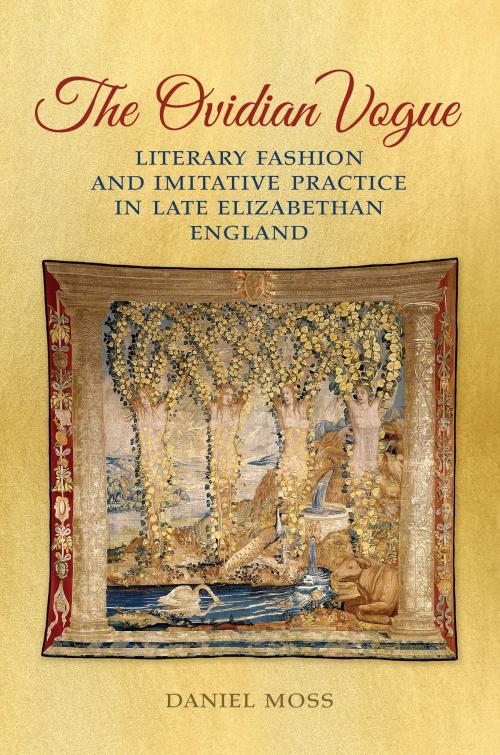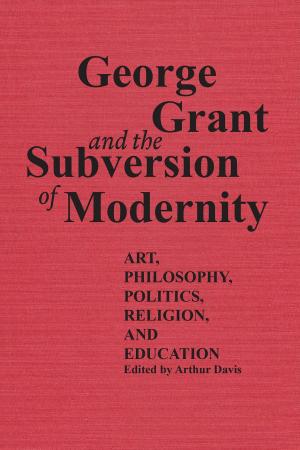The Ovidian Vogue
Literary Fashion and Imitative Practice in Late Elizabethan England
Nonfiction, History, Renaissance, Fiction & Literature, Literary Theory & Criticism, British| Author: | Daniel D. Moss | ISBN: | 9781442617483 |
| Publisher: | University of Toronto Press, Scholarly Publishing Division | Publication: | September 17, 2014 |
| Imprint: | Language: | English |
| Author: | Daniel D. Moss |
| ISBN: | 9781442617483 |
| Publisher: | University of Toronto Press, Scholarly Publishing Division |
| Publication: | September 17, 2014 |
| Imprint: | |
| Language: | English |
The Roman poet Ovid was one of the most-imitated classical writers of the Elizabethan age and a touchstone for generations of English writers. In The Ovidian Vogue, Daniel Moss argues that poets appropriated Ovid not just to connect with the ancient past but also to communicate and compete within late Elizabethan literary culture.
Moss explains how in the 1590s rising stars like Thomas Nashe and William Shakespeare adopted Ovidian language to introduce themselves to patrons and rivals, while established figures like Edmund Spenser and Michael Drayton alluded to Ovid’s works as a way to map their own poetic development. Even poets such as George Chapman, John Donne, and Ben Jonson, whose early work pointedly abandoned Ovid as cliché, could not escape his influence. Moss’s research exposes the literary impulses at work in the flourishing of poetry that grappled with Ovid’s cultural authority.
The Roman poet Ovid was one of the most-imitated classical writers of the Elizabethan age and a touchstone for generations of English writers. In The Ovidian Vogue, Daniel Moss argues that poets appropriated Ovid not just to connect with the ancient past but also to communicate and compete within late Elizabethan literary culture.
Moss explains how in the 1590s rising stars like Thomas Nashe and William Shakespeare adopted Ovidian language to introduce themselves to patrons and rivals, while established figures like Edmund Spenser and Michael Drayton alluded to Ovid’s works as a way to map their own poetic development. Even poets such as George Chapman, John Donne, and Ben Jonson, whose early work pointedly abandoned Ovid as cliché, could not escape his influence. Moss’s research exposes the literary impulses at work in the flourishing of poetry that grappled with Ovid’s cultural authority.















